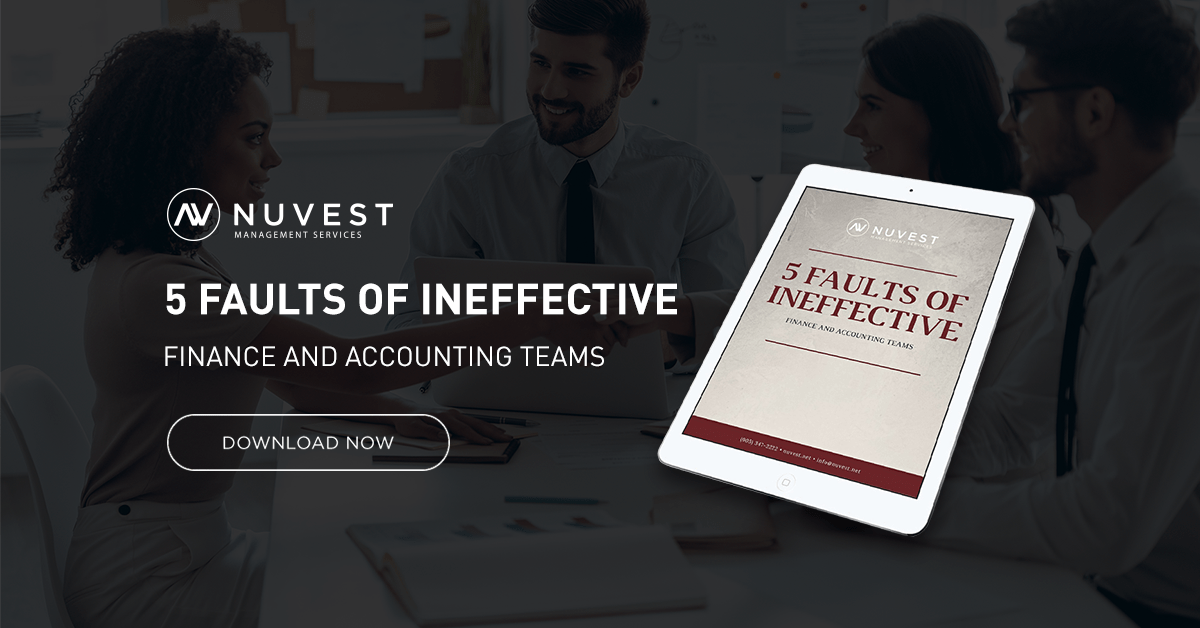Full cycle accounting is an unavoidable part of a business owner’s life. It’s meticulous, it’s painstaking, and if done incorrectly, it can bring upon you a world of financial hurt.
But what is full cycle accounting, to begin with? Full cycle accounting can be defined as all the steps an accountant or accounting department takes during a financial reporting period. These are:
- Recording accounting transactions (e.g. purchases, receipts of payment)
- Approving accounting transactions; posting them in the main ledger
- Preparing a list of all transactions during the accounting period (known as an unadjusted trial balance)
- Recording adjusting journal entries (e.g. depreciation expense, revenue deferrals, expense accruals)
- Generating an adjusted trial balance that reflects adjusting journal entries
- Preparing financial statements
- Transferring temporary account balances to the income summary
- Generating a post-closing trial balance
It can also refer to all the transactions related to a specific business activity, whether sales (from the company buying goods to sell, all the way to collecting payment from customers post-sale), purchasing (from goods requisition to paying the supplier), or payroll (from the moment employees submit their time cards to the actual delivery of payments).
So now, the question is: How do you make the process less excruciating and challenging?
Time saving and cost-cutting tips for full cycle accounting
Thankfully, you don’t need to be a chartered accountant to know and understand how to make full cycle accounting easier for you. Here are a few tips on how to ensure that you can complete your accounting process on time and within your budget.
- Keep an organized record.
To make things easier when you actually have to do your full cycle accounting, make sure to keep a detailed record of your transactions throughout the given period. The top accounting firms in Toronto recommend making it a habit to keep your notes and records organized. That way, you won’t need to rush things when the time comes and you have a deadline to beat. - Make sure to complete your accounting on time.
Aside from the law-mandated repercussions of not doing your accounting properly and on time, this can also be the greatest hindrance to your business’s continued growth. Without a full account of your financial activities over the last cycle, you won’t be able to figure out what you did wrong and identify which areas you can improve upon. - Be mindful of your expenditures.
Sometimes, it’s as simple as keeping track of what you spend and sticking as close to your budget as possible before your deadline arrives. Being mindful of how you spend makes it easier for you to remember what you spent on (and justify why). - Consider hiring an outsourced accounting team.
While some have an in-house business accounting services team to take care of their financials, not all small businesses have the means to hire someone full-time, or the appropriate experience in choosing an accountant they can trust and monitor. The best solution, then, is to hire an outsourced finance and accounting team to get the work done for you.
Now that you have a better understanding of full cycle accounting, it’s time to learn how to identify potential stumbling blocks along the way — within the human element of the process, to be more specific. Take a look at our whitepaper on ineffective finance and accounting teams (and how to spot them). You can download it for free via the image below.






